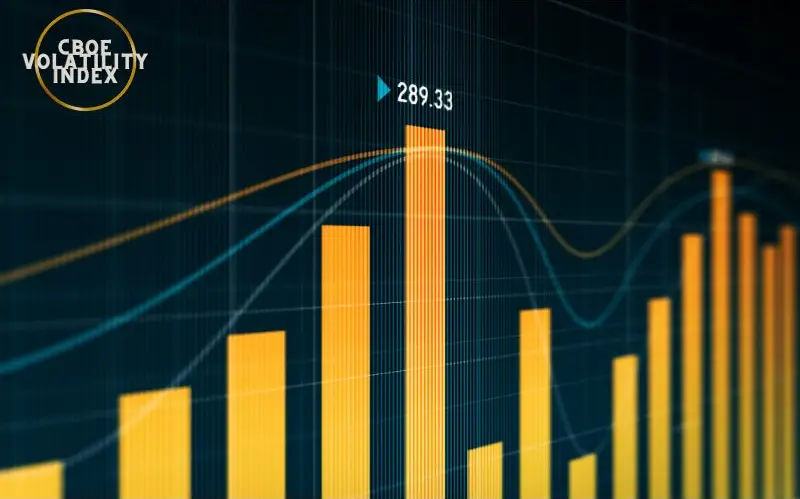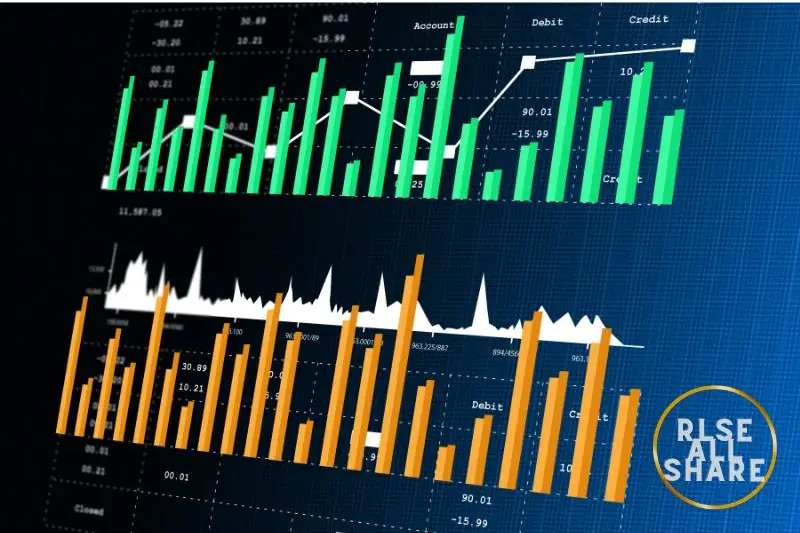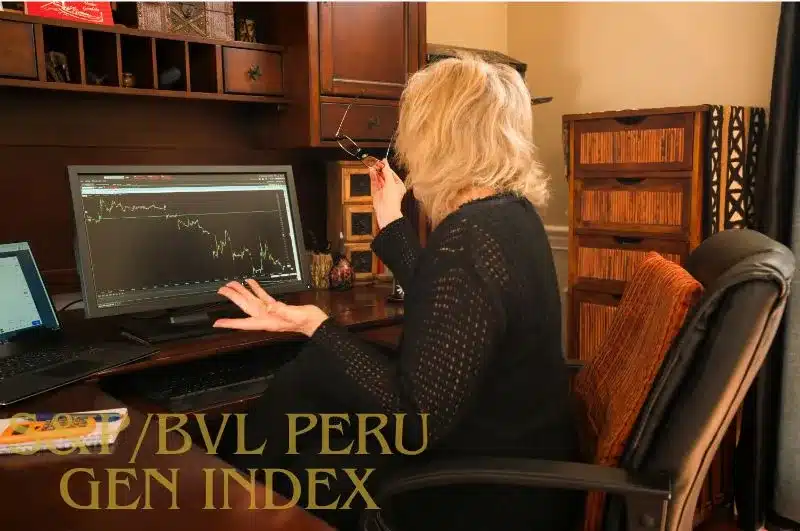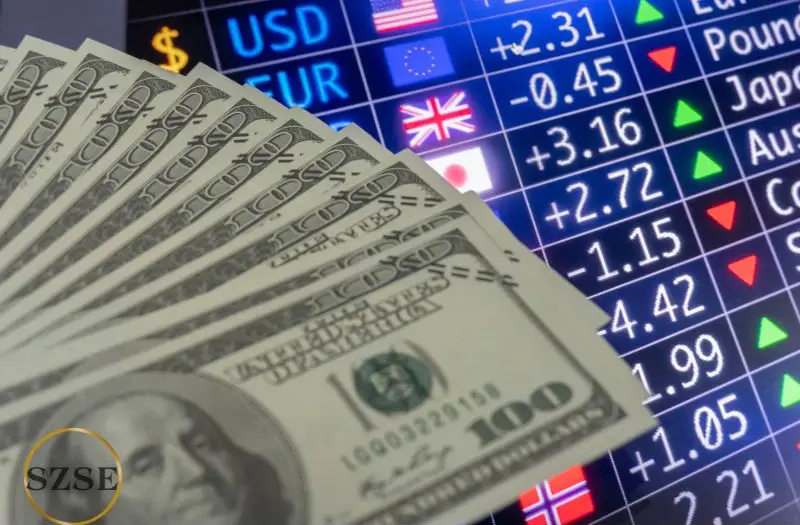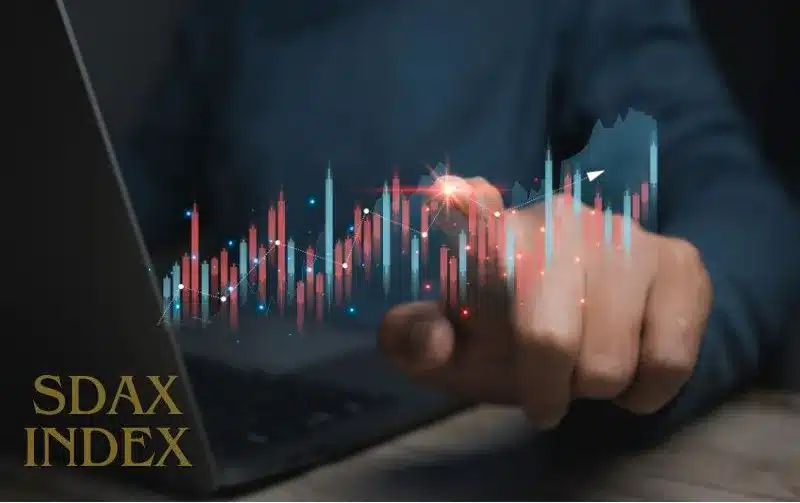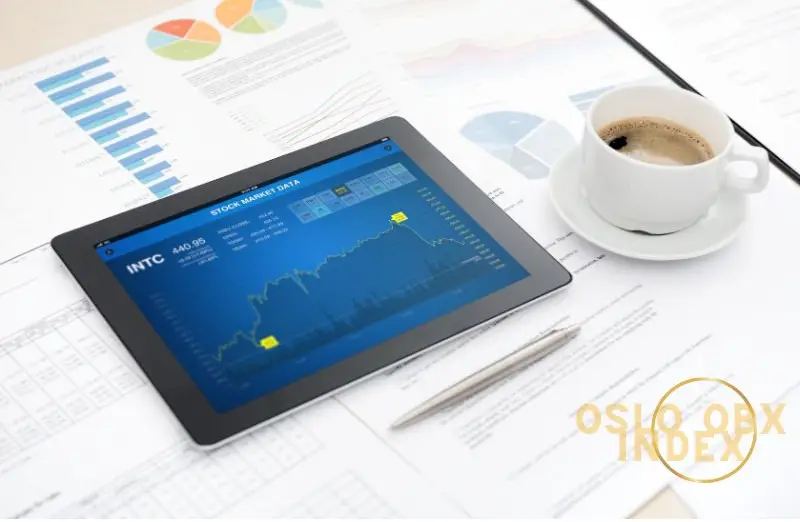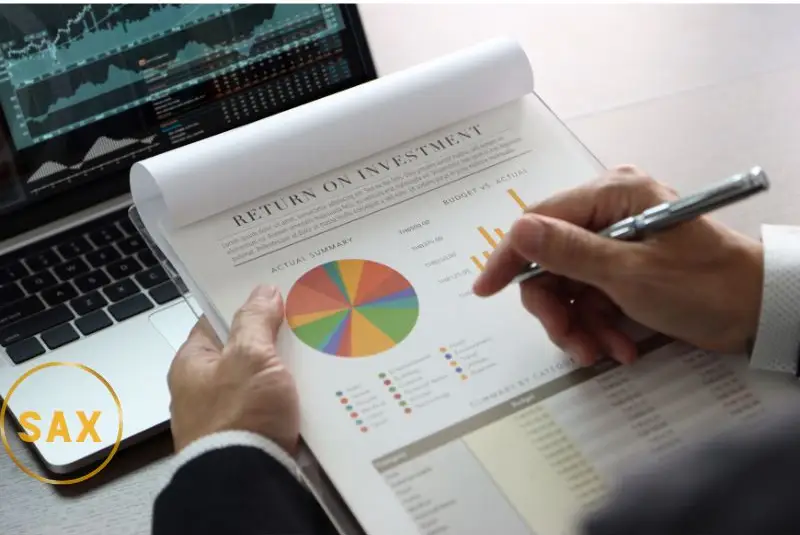Discover the booming stock market in Vietnam, a key player in the global economy. With rapid economic growth and increasing foreign investment, the Vietnamese stock market offers lucrative opportunities for investors.
The two main stock indices in Vietnam are the VN Index, which tracks the performance of large-cap stocks on the Ho Chi Minh Stock Exchange, and the HNX Index, which monitors stocks on the Hanoi Stock Exchange. These indices provide valuable insights into the overall health and trends of the Vietnamese stock market.
Don’t miss out on this exciting market that is driving Vietnam’s economic expansion. Stay informed and seize the potential for growth and profits in one of Asia’s fastest-growing economies.
How Does the Stock Market Work in Vietnam
The stock market in Vietnam operates through two main exchanges: the Ho Chi Minh City Stock Exchange (HOSE) and the Hanoi Stock Exchange (HNX). These exchanges facilitate the buying and selling of stocks, bonds, and other financial instruments.
To invest in the stock market in Vietnam, individuals can open a brokerage account with a licensed securities firm. Once the account is opened, investors can start buying and selling stocks listed on the exchanges.
When investing in Vietnamese stocks, it is important to research companies thoroughly and understand their financial performance, management team, industry trends, and other relevant factors. This information can help investors make informed decisions about which stocks to buy or sell.
Some of the major stocks that have generated profit for investors in Vietnam include:
- Vinamilk (VNM) – Vietnam Dairy Products Joint Stock Company
- Vietcombank (VCB) – Joint Stock Commercial Bank for Foreign Trade of Vietnam
- PetroVietnam Gas (GAS) – PetroVietnam Gas Corporation
- Vingroup (VIC) – Vingroup Joint Stock Company
- FPT Corporation (FPT) – FPT Group
These companies are among the largest and most actively traded stocks on the Vietnamese stock exchanges. Investors interested in investing in Vietnam’s stock market should conduct thorough research and seek advice from financial professionals before making investment decisions.
What is the benefits of buying stocks in Vietnam
Investing in the Vietnam stock market can offer several benefits for investors looking to diversify their portfolio and potentially earn additional income. Some of the key advantages of buying stocks in Vietnam include:
1. Economic growth: Vietnam has been experiencing rapid economic growth in recent years, making it an attractive market for investors seeking high potential returns.
2. Emerging market opportunities: As an emerging market, Vietnam offers unique investment opportunities that may not be available in more developed markets.
3. Diversification: Investing in Vietnamese stocks can help diversify your portfolio and reduce risk by spreading your investments across different asset classes and regions.
4. Potential for high returns: With strong economic growth and a growing middle class, there is potential for high returns on investments in the Vietnam stock market.
5. Access to global markets: Investing in Vietnamese stocks can provide exposure to international markets and help you take advantage of global trends and opportunities.
When investing in the Vietnam stock market, it’s important to keep a few tips and takeaways in mind:
1. Research companies carefully: Before buying stocks, make sure to conduct thorough research on the companies you’re interested in investing in. Look at their financial performance, management team, industry trends, and growth prospects.
2. Consider the political and economic landscape: Keep an eye on political and economic developments in Vietnam that could impact the stock market. Factors such as government policies, trade agreements, and currency fluctuations can all affect stock prices.
3. Monitor market trends: Stay informed about market trends and investor sentiment to make informed decisions about buying or selling stocks. Pay attention to factors such as price movements, trading volumes, and analyst recommendations.
4. Diversify your portfolio: To reduce risk, consider diversifying your investments across different sectors and industries within the Vietnam stock market. This can help protect your portfolio from volatility in any one sector.
In conclusion, investing in the Vietnam stock market can offer attractive opportunities for investors seeking high potential returns and diversification benefits. By conducting thorough research, staying informed about market trends, and diversifying your portfolio, you can make smart investment decisions that align with your financial goals.
The main stock indices in Vietnam
Stock market indices are important indicators that provide a snapshot of the overall performance of a specific stock market or sector. They track the prices of selected stocks, providing investors with a benchmark to measure the overall market performance.
In Vietnam, the two most important stock market indices are the VN-Index and the HNX-Index. The VN-Index tracks the performance of companies listed on the Ho Chi Minh City Stock Exchange (HOSE), while the HNX-Index tracks companies listed on the Hanoi Stock Exchange (HNX).
The VN-Index is considered one of the most important indicators of Vietnam’s stock market performance, as it includes major companies from various sectors such as finance, real estate, and consumer goods. The HNX-Index focuses more on smaller and medium-sized companies listed on the Hanoi Stock Exchange.
These indices are regulated by the State Securities Commission of Vietnam (SSC), which oversees all activities related to securities trading in the country. The SSC is responsible for ensuring that stock market indices are calculated accurately and reflect the true performance of listed companies.
Regulations governing stock market indices in Vietnam aim to promote transparency, protect investors, and maintain market stability. Companies listed on HOSE and HNX must comply with strict reporting requirements to ensure accurate calculation of index values.
Investors use stock market indices as a tool for making informed decisions about buying or selling stocks. By tracking these indices, investors can gauge market trends, assess risk levels, and diversify their portfolios effectively.
In conclusion, stock market indices play a crucial role in measuring and monitoring the performance of Vietnam’s stock market. Regulated by the State Securities Commission, these indices provide valuable insights for investors looking to navigate the dynamic world of securities trading in Vietnam.
Recap: The stock market in Vietnam
The stock market in Vietnam has been experiencing steady growth in recent years, attracting both domestic and foreign investors. The VN-Index, which tracks the performance of the top companies listed on the Ho Chi Minh Stock Exchange, has shown positive gains.
Investors are optimistic about the economic outlook of Vietnam, with a strong focus on sectors such as technology, manufacturing, and consumer goods. The government has also implemented reforms to improve transparency and attract more foreign investment.
While there are risks associated with investing in emerging markets like Vietnam, many investors see potential for high returns due to the country’s young population, growing middle class, and strategic location in Southeast Asia.
Overall, the stock market in Vietnam presents opportunities for investors looking to diversify their portfolios and tap into a growing economy with strong long-term potential.









































